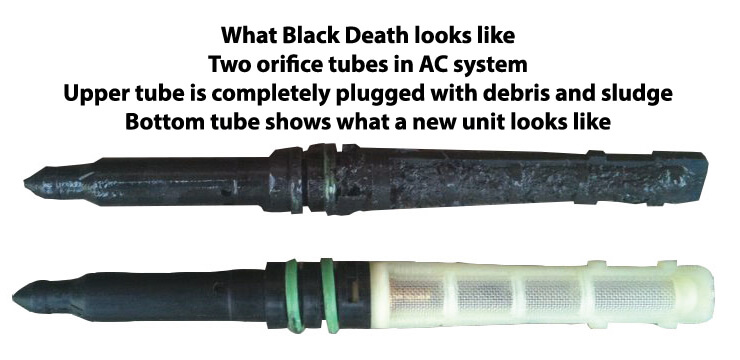Signs of AC Compressor Failure and How to Avoid It
Learn how to avoid these four most common causes of AC compressor failure
AC compressor failure is common, but in most cases, it’s avoidable if you pay attention to the warning signs and use the proper repair techniques. If you ignore warning signs or perform DIY AC repairs without understanding the full implications, you can actually damage the compressor yourself
#1 Cause of AC compressor failure — Lack of lubrication due to the low refrigerant charge.
AC compressors need lubrication. Unlike engines, where the oil rings carry lubricant up to the cylinder walls, AC oil is carried to the pistons by the refrigerant. If your system has a leak, you’ve not only lost refrigerant but oil as well. Then when you run your AC, you not only get warmer air but also accelerated compressor wear
Signs of low refrigerant charge
• Your AC takes a long time to get cold — a low refrigerant charge doesn’t remove as much heat from the cabin
• Your AC is only cold when you’re traveling at high speeds — the compressor needs higher engine RPMs to make up for the low refrigerant charge
• Your AC runs cold, then starts running warm with low airflow — the low refrigerant charge stays in the evaporator too long, picking up “superheat” which causes the evaporator to ice over and block airflow. Once the ice melts, the evaporator gets cold again, and the cycle repeats itself.
#2 Cause — Refilling a low system without adding oil
As mentioned above, any time your system leaks refrigerant, it also leaks oil. Many DIYers think they can just recharge the system and call it a day. But if you don’t add oil, you’re running the compressor with less oil and causing extra wear.
Signs of a damaged AC compressor
Lack of lubrication wears out the piston seals, so the compressor never reaches the proper high side pressures. That results in little to no cooling, even with a full charge and higher engine RPMs.
#3 Cause of AC compressor failure — moisture and air in the system that causes black death
When an auto AC system leaks refrigerant, it also lets in outside air and moisture. Moisture and refrigerant don’t get along well. The water mixes with the refrigerant oil and forms sludge and acids. The sludge and acid wear away the compressor seals causing aluminum particles to flow throughout the system. When the compressor finally quits, the entire system is coated with black slime, referred to as black death.
In addition to sludge, the rubber refrigerant lines degrade over time, shedding rubber particles into the system that clog the condenser passage, orifice tube, and expansion valve.

#4 Cause of AC compressor failure — overcharging
Overcharging causes the AC compressor to work much harder than normal, causing internal failure
©, 2022 Rick Muscoplat
Posted on by Rick Muscoplat